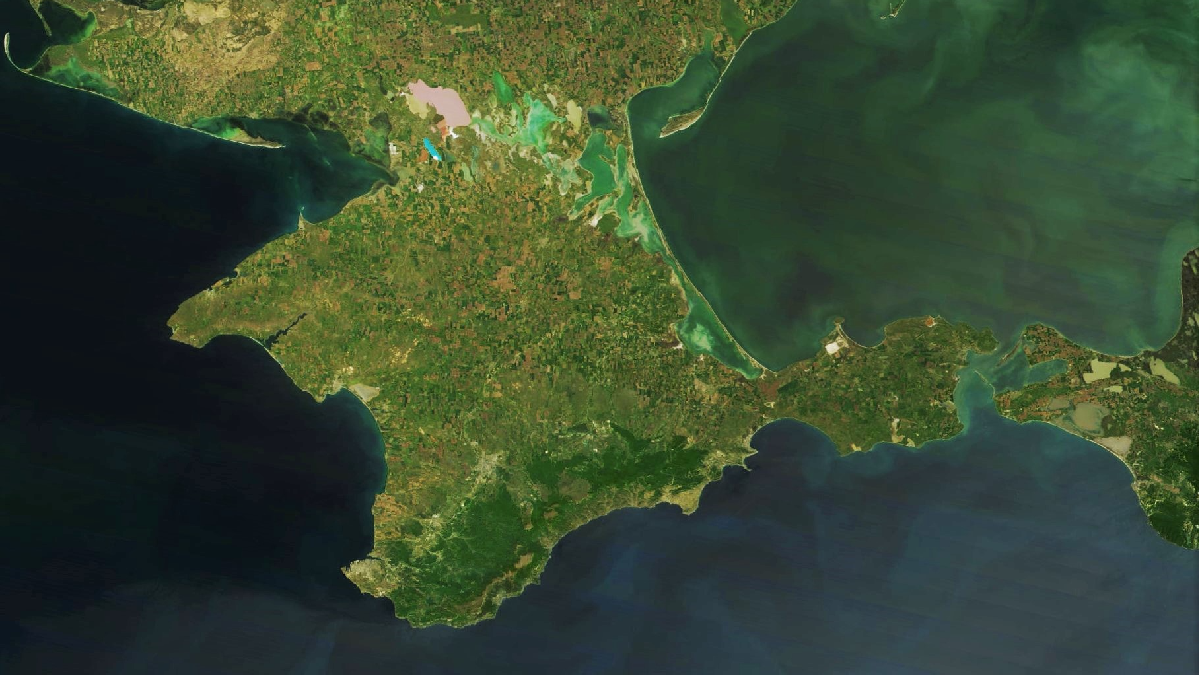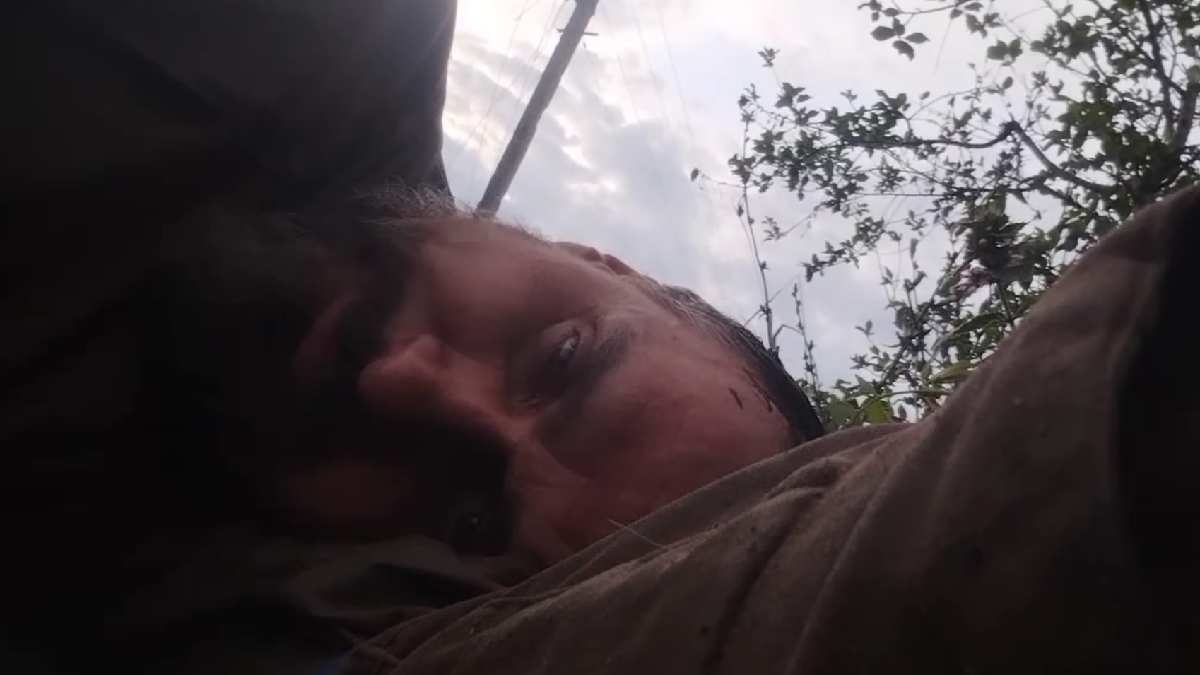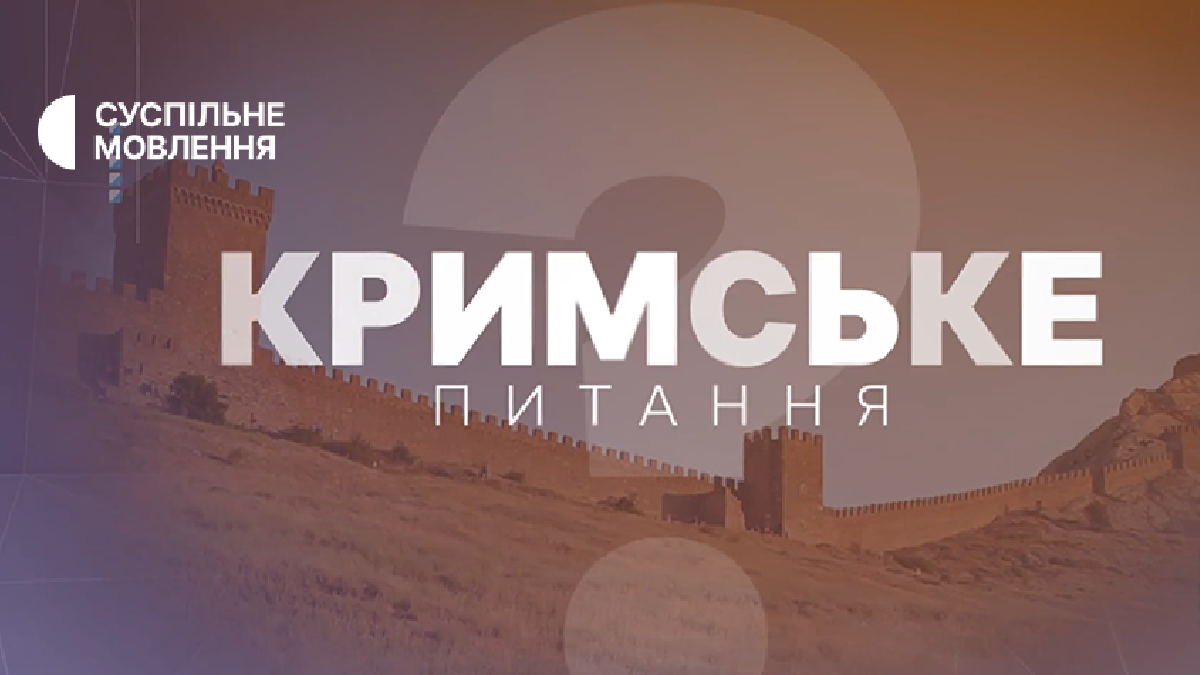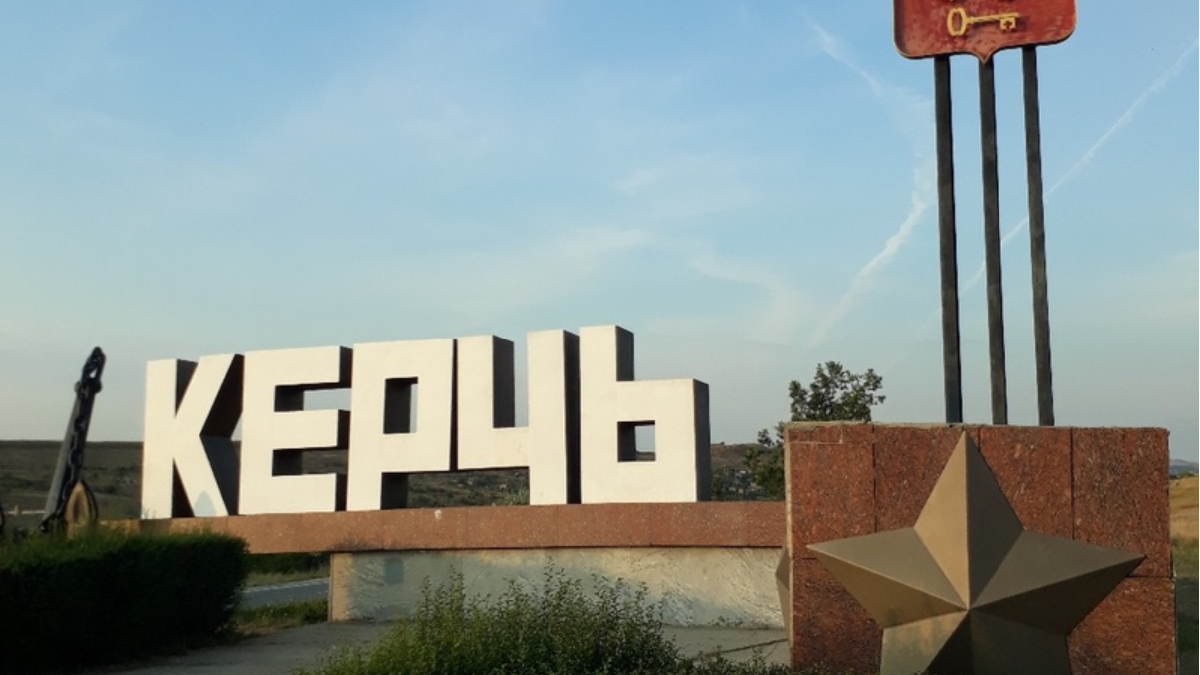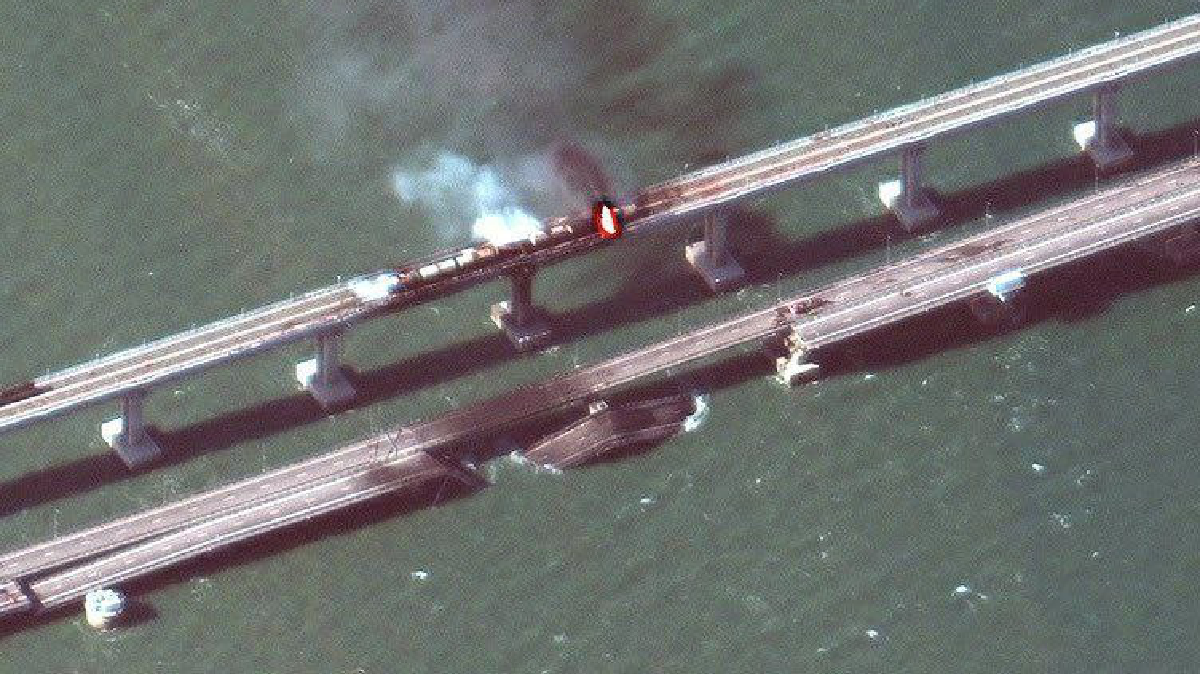“I would like to return to journalism.” The story of former political prisoner Nariman Memedeminov
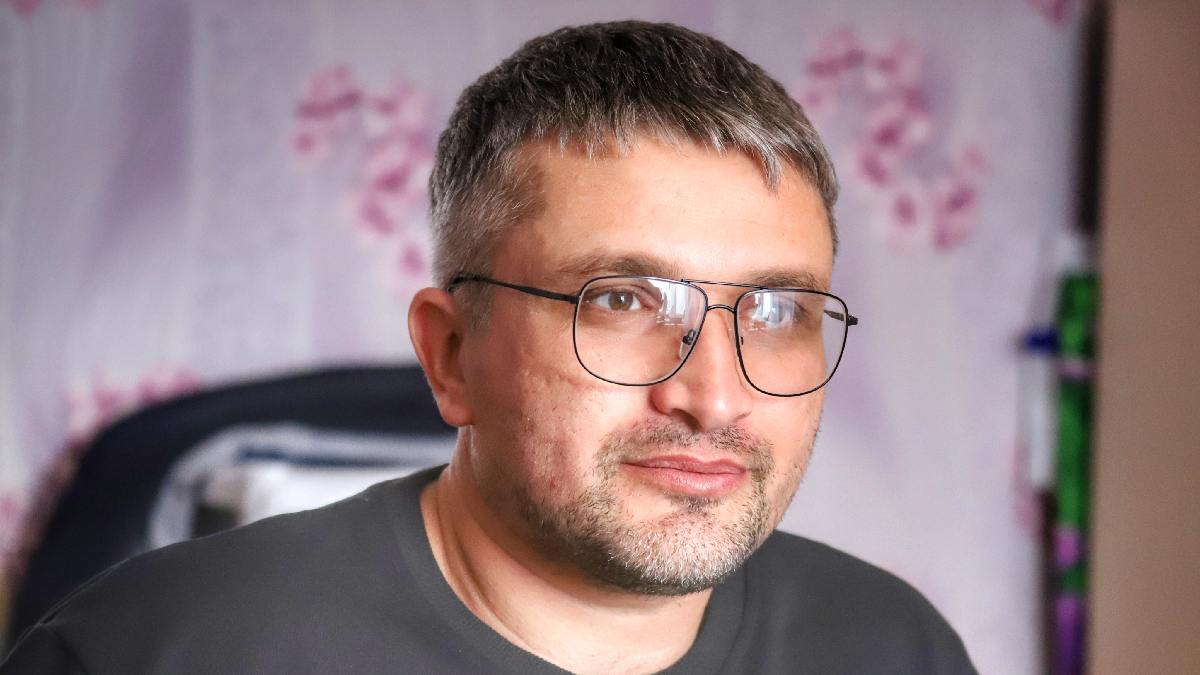
In 1883, the first Crimean Tatar newspaper, Terjiman, was founded in Bakhchisaray by the publicist and politician Ismail Gasprinsky. It lasted 35 years. When the Bolsheviks came to power, the independent publication, which took care of the problems of the Crimean Tatar people, was forced to put an end to its history.
Little has changed since then. The story of Nariman Memedeminov, a former political prisoner, civic journalist, and Crimean Tatar, confirms it.
How he started his journalistic work, what it has led to, and if he can work now. Suspilne Crimea talked to Nariman in his house in the village of Kholmovka, Bakhchisaray district.
The first post on the social network
It all started with a Facebook post in 2014. Russia has already occupied Crimea but has not yet begun an active struggle against Crimean Tatars and Ukrainians on the peninsula.
“I got a call at 11 and was told that one of my neighbours had been searched. I came to the place. There were people in military uniform, though without weapons. Later it turned out that it was the FSB. The reason was a stolen tape recorder, which was searched by the FSB offices, and in the family in which there was the search - two months before the events, the father and husband had died. I wrote a short post about this”,- Memedeminov recalls.
Later the Sevastopol group was arrested in the Hizb ut-Tahrir case.
Ruslan Zeytulaev, Nuri Primov, Ferat Sayfulaev, and Rustem Vaitov were arrested and convicted of participation in the terrorist organization Hizb ut-Tahrir, which Russia recognizes as illegal, but it operates legally in Ukraine.
Nariman also attended court hearings on this “case.” He recalls that the court sessions used to be open, and it was easy enough to get there. He wrote the comments of the lawyers, dealt with these cases, and also published them on his page on the social network.
The idea of Crimean Solidarity
The public initiative Crimean Solidarity appeared in 2016 as a response from lawyers, human rights defenders, and families of those arrested by the Russian authorities.
Memedeminov recalls he was asked to become a citizen journalist of the initiative and make materials for one common page:
“We thought we needed to collect all the materials that we write in one place and make something recognizable. So that people can read in one place about everything that happens in Crimea. We appealed to active youth from other regions and thus formed a network of citizen journalists who were ready to cover the Crimean events”,- the journalist noted.
Thus, he worked as a journalist for the initiative until March 2018. Until, on March 22, 2018, a loud knock at the door awakened Nariman.
Detention, arrest, and serving a sentence
The decision of the “FSB investigator,” to bring Nariman Memedeminov as a defendant states that “being a supporter of the ideology of the international religious-political organization Hizb ut-Tahrir Al-Islami, recognized as a terrorist and banned by the Supreme Court of the Russian Federation, Nariman Memedeminov posted on his channel on video hosting YouTube in the period from February 17, 2013 (channel opening date) to March 25, 2014 (the date of posting the last video is his investigation) videos containing public calls for terrorism, including statements aimed at involving others in the activities of Hizb ut-Tahrir.”
Such a text was written in the search warrant and arrest of Nariman.
“They pounded on the door. I looked out the window and saw some people. I realized it was a search for us. Considering it was March, and it was still cold, I ran to the door and started shouting to them not to knock the doors down. I thought that if they took me away, how would a family live without doors in such cold weather. In response, I heard some crazy swearing,” Memedeminov said.
After the search, Nariman was taken to the police station, a preventive measure was taken as detention, and after a year and a half of “courts”, Memedeminov was sentenced to two-and-a-half years in a penal colony, in fact, for three videos on YouTube.
“When I got to know people in the pre-trial detention centre, and later in the colony and talked about my accusations, the majority reacted with a smile. Everyone told me I don’t belong there,” he says.
Nariman is free
In September 2020, Nariman left the colony and returned home to Crimea. He will not be able to administer Internet sites for the next two years.
Nariman explained that running one's own page on a social network is also the administration.
“I would like to return to journalism. I want to get a journalism degree, but it means going outside, and I can not go anywhere from Crimea so far. Because in addition to the ban on-site administration, I have a two-year ban on leaving the territory of the Russian Federation," he said.
While Memedeminov was behind bars, Russia banned three independent Ukrainian journalists working in Crimea, from entering its territory, including occupied Crimea. Alyona Savchuk, Alina Smutko, and Taras Ibragimov, who worked on the peninsula were banned from continuing their professional activities with the wording that they "could harm the federal security of the Russian Federation."
“I learned about it from lawyers. These journalists did not write fairy tales about Crimea. They objectively covered the information. It was a ban on freedom of expression of independent thoughts. Thanks to journalists like them, I had publicity in my trial. Publicity is certain protection in such cases. And people in Crimea should understand for what reasons they could get arrested," he said.

